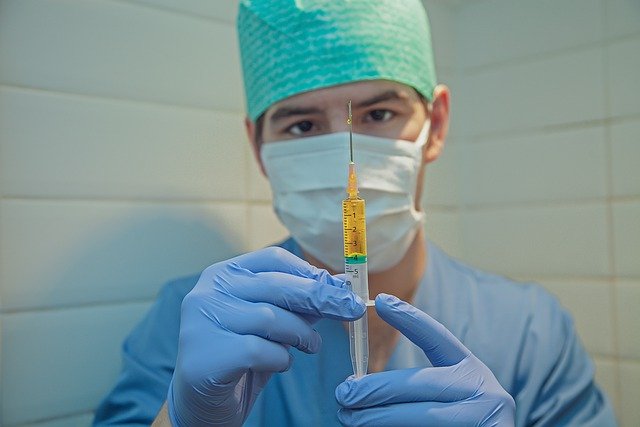A preliminary trial of a coronavirus vaccine candidate developed by Oxford University and AstraZeneca has shown a strong immune response and appears to be safe. An early-stage trial, in which 1 077 people took part, has found that the vaccine essentially trains the immune system into producing antibodies and white blood cells that are able to fight off COVID-19.
Speaking to Independent UK, Professor Sarah Gilbert, who is a co-author of the Oxford University study, said that the findings seem promising but there “is still much work to be done before we can confirm if our vaccine will help manage the COVID-19 pandemic”.
According to British Prime Minister Boris Johnson, the results are “very positive”.
“There are no guarantees, we’re not there yet and further trials will be necessary – but this is an important step in the right direction,” he said via Twitter.
In recent research that was published in the medical journal Lancet, scientists said that the vaccine, called AZD1222, produced a dual immune response in individuals aged between 18 to 55. This essentially causes a T-Cell response within 14 days of vaccination and an antibody response after 28 days.
More trials are still to be conducted to establish exactly how long these cells will last within the body. It is also not yet clear whether the vaccine is able to prevent people from falling ill or lessening the symptoms of the coronavirus.
The data in the paper covered the first 56 days of the trial and is still ongoing.
The vaccine reportedly caused minor side effects in the control group, but this was combatted through the use of paracetamol.
Phases two and three will use participants from South Africa, Brazil and the US to evaluate the effectiveness of the vaccine.
“As well as continuing to test our vaccine in phase three trials, we need to learn more about the virus – for example, we still do not know how strong an immune response we need to provoke to effectively protect against Sars-CoV-2 infection,” Gilbert said.
The vaccine is made from a genetically-engineered virus that causes a common cold in chimpanzees.
The study’s authors have also added that much more research is required to confirm the findings in different groups of people, and these include older age groups, those with comorbidities, and ethnically and geographically diverse populations.
The vaccine has also been weakened to ensure it does not trigger any other disease in humans and has been modified to express the spike protein in Sars-CoV-2. This is the tool the virus uses to invade human cells.
Oxford University partnered with AstraZeneca to produce the vaccine globally, and the pharmaceutical giant has already committed to making two-billion doses.
“If our vaccine is effective, it is a promising option as these types of vaccine can be manufactured at large scale,” said Gilbert.
American biotech firm Moderna was the first to announce that its candidate for a vaccine had produced an immune response in those participating in its trial.
BioNtech and Pfizer have also had positive results from early trials for a vaccine.
Picture: Pixabay






